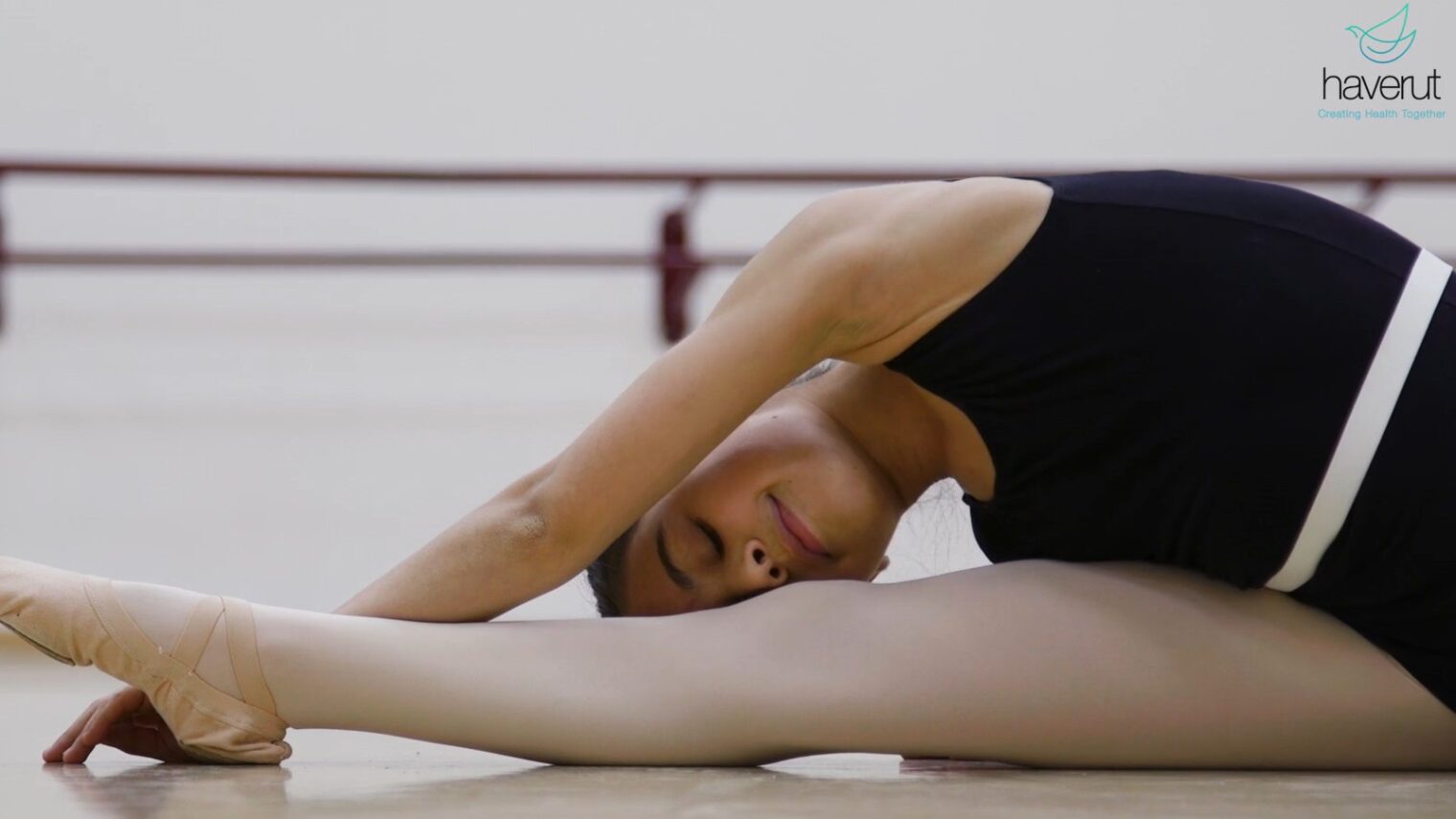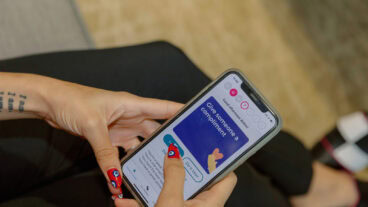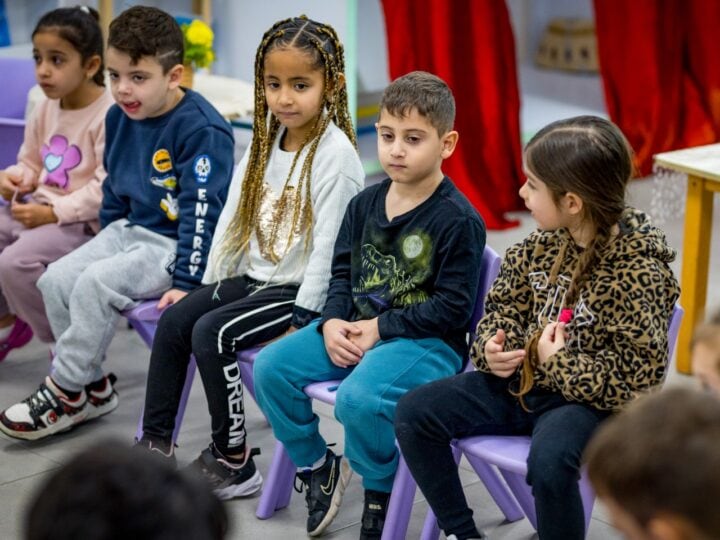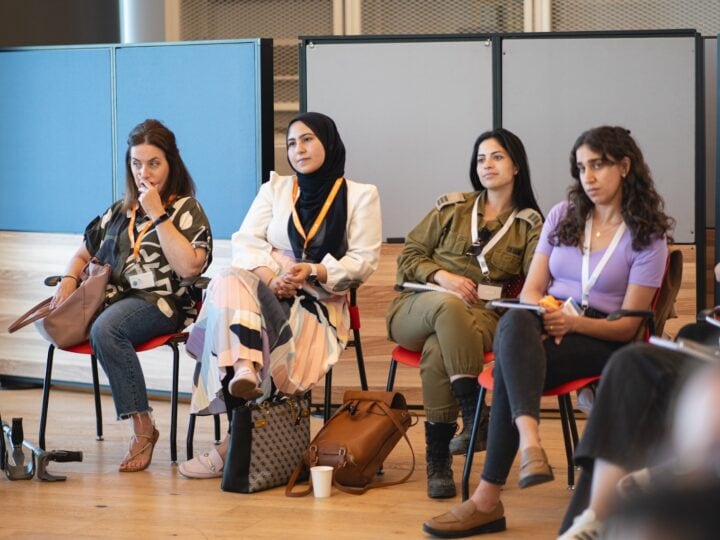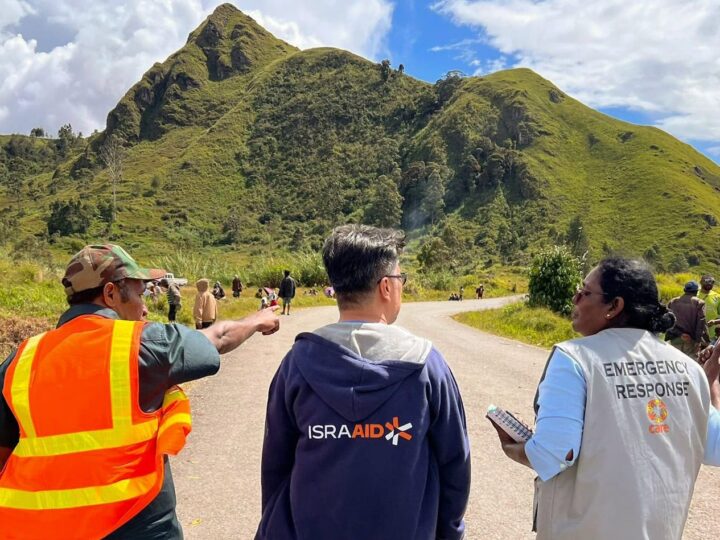Noa is a 13-year-old dancer, pianist, and member of the Israeli Scouts. She also has an autoimmune disease, juvenile idiopathic arthritis.
Noa’s prescription for life: “Focus on doing what you love.”
Eliran, 15, lives with cystic fibrosis. At home and during his hospitalizations, his dad plays board games with him. His mom helps him with his daily treatments and his siblings and grandparents are always ready with hugs.
Eliran’s prescription for life: “Family being together.”
Prescriptions for Life is a new project of the Israeli nonprofit Haverut organization, founded 14 years ago by family therapist and spiritual care provider Rachel Fox-Ettun to promote the hospital as a space that heals body, spirit and soul.
“We are turning the hospital into an educational setting in a fun and beautiful way — to see the patient as a whole person, to give a set of tools for the chronically ill to become a ‘doctor’ for their own lives and take the lead for their own wellbeing,” she says.
Prescriptions for Life videos, in Hebrew with English and Arabic subtitles, are to be shown in hospitals wherever chronically ill children are waiting to receive treatments.
“While people are waiting with anxiety, anger, boredom and fear, they will see these short clips and be inspired to reach a better quality of life, hope and wellbeing,” says Fox-Ettun.
The project also has a positive effect on the hospital staff and on the children’s family members, she says.
Prescriptions for Life involves eight one-on-one sessions culminating in the filming by Tel Aviv-based docyourstory.
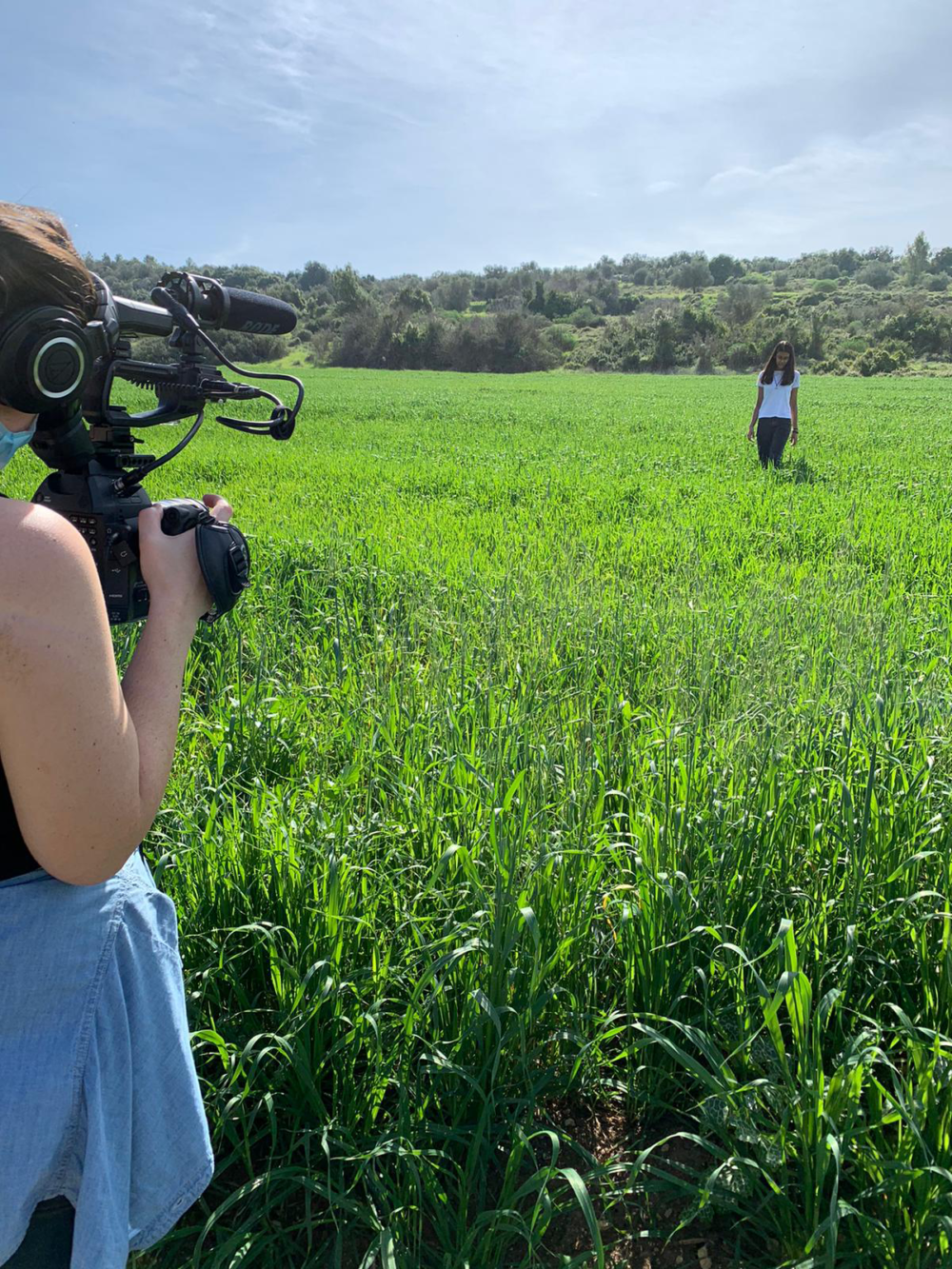
“We began with creating an inspiring booklet that has different ‘prescriptions for life’ for hospitalized children and their families. Nurses gave the booklet to the patients when they were released from the hospital,” Fox-Ettun tells ISRAEL21c.
“Then it evolved into working deeply one on one, finding what helps the child cope, what gives him or her meaning, strength and happiness. From that, they choose one ‘prescription’ to invest in, with the intention of taking full responsibility for their own lives,” she says.
“It is stepping out of being passive and a victim of circumstances toward being active — not only through taking the meds or doing physical therapy but by doing things from the world of art, music, nature, love, family and friends, dance, writing, gratitude.”
Haverut received a grant from Jerusalem’s Hadassah Medical Center, so the videos will first be screened in the pediatric departments of Hadassah’s two hospitals.
ALYN rehabilitation hospital for children and adolescents, also in Jerusalem, will use the videos to train staff and students in holistic care. Fox-Ettun is working with other hospitals to implement Prescriptions for Life as well.
Holistic approach
She started Haverut 10 years after the death of her daughter Ruth at age 11 from complications of cystic fibrosis.
“I was very grateful to the medical system that helped Ruth survive longer than anyone expected. Yet I felt something crucial was missing: the component of the spirit, a holistic approach. Every person has a healthy core we can connect to and empower,” Fox-Ettun explains.
Haverut began a spiritual care training program, Connect & Create, where Jewish and Arab students bring arts, music and mindfulness to boost the healing process of young Jewish and Arab patients at Hadassah’s Mount Scopus campus and Ziv Medical Center in Safed (Tzfat) every week.
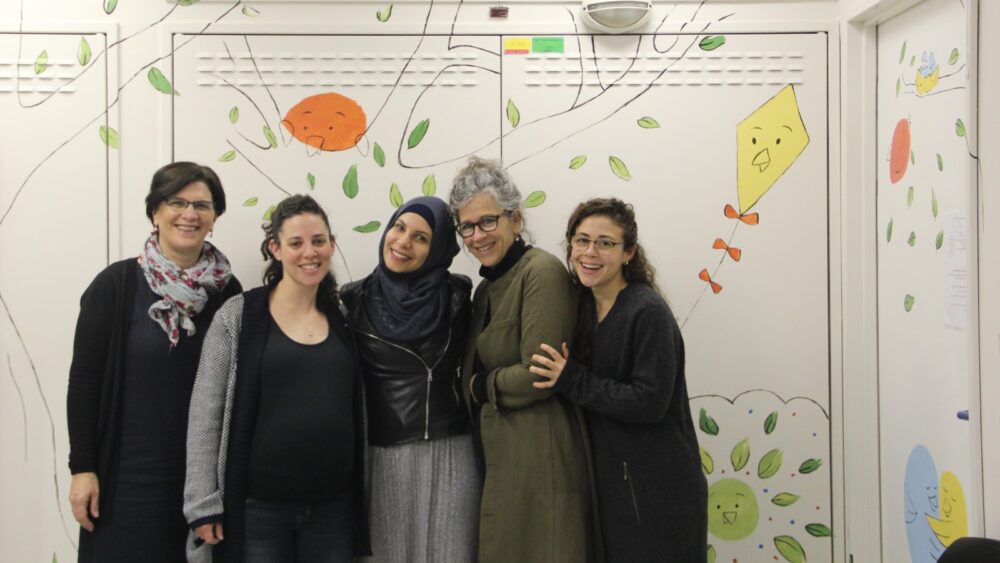
Prescriptions for Life, says Fox-Ettun, is a model that her daughter lived by. She was sad to know she was dying but was determined to make the most of each day she had left.
If Ruth could write a Prescription for Life, what might it be?
Her mother thought for a moment. “I believe her message would be to live here and now, fully connected to ourselves and to others and to life.”




